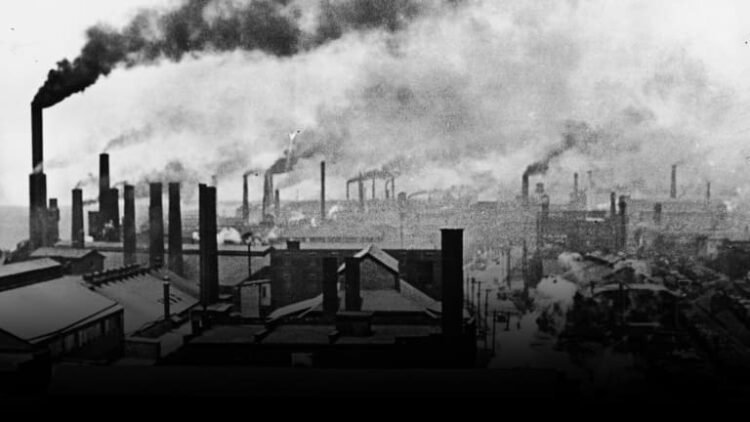Industrialization is a process that transforms agrarian societies into industrial. The process also involves extensive use of machinery and labour and factory models for production to provide goods and services to individuals, families and institutions.
Industrialization also influences traditional non-industrial sectors such as agriculture, education and health sectors to become more process oriented similar to the manufacturing sector. Industrialization clearly paves way for the factory kind of production, division of labour and influences concentration of industries and population based on availability of natural and human resources.
Industrialization is a progressive transformation of an economic system from rudimentary productive methods to more complex manufacturing processes. It is a systematic change that aims to reshape the productive forces of a given country.
Industrialization emerged in the 18th century through what was known then as the Industrial Revolution, a movement that started in Great Britain and had a global impact later.
This process of transformation consisted in the application of recently developed technologies to manufacturing processes. This translated into higher levels of automation, productivity and quality that helped the economic system transition from being fundamentally agricultural to having new industries like steel, textile, transportation, housing or chemicals. Many individuals were implementing new techniques to manufacture new products that flooded the market quickly.
The introduction of new machineries that substituted activities previously made by workers reduced the resources employed to produce goods and that caused output levels to sky rocket. This was the beginning of the economy as we know it today.
This process lead to the professionalization of the work force, since many of the tasks performed in the past were now substituted by automated machines. Workers were forced to develop new skills that proved useful for administrative tasks and machinery management.



















